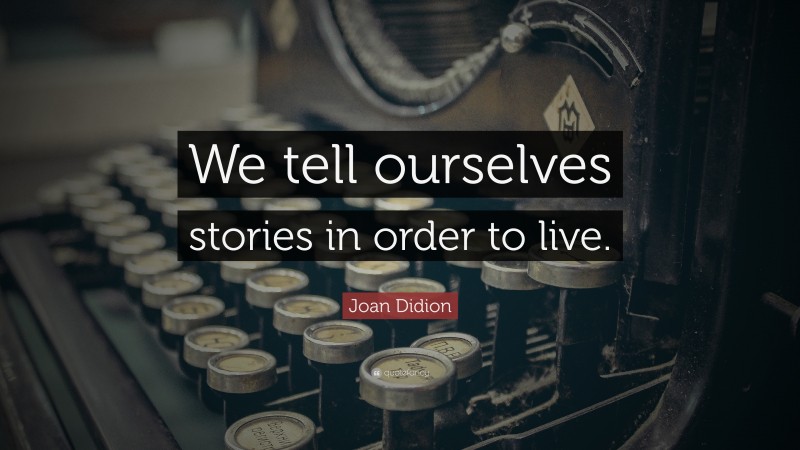

She is usually present in her essays as a voice rather than a character, observer rather than participant – though the boundaries regularly blur. Across her 60-year career, from her landmark essay collections Slouching Towards Bethlehem (1968) and The White Album (1979), through her formally innovative novels, to her devastating 2005 memoir The Year of Magical Thinking, Didion has established a way of narration that focuses not so much on events as on subtexts, atmospheres and perceptions. This could be read as a slanted manifesto for Didion’s own style. Didion praises instead magazines that cultivate a personal voice, and which aim to impart character and atmosphere rather than straightforward information: “They assume that the reader is a friend, that he is disturbed about something, and that he will understand if they talk to him straight this assumption of a shared language and a common ethic lends their reports a considerable cogency of style.” Often, she concludes, the real story is “the story not in the newspaper”. Too often, she argues, their reporting style rests on “a quite factitious ‘ objectivity’”, which “lends the entire venture a mendacity” by failing to make explicit the writer’s own particular set of influences and biases. Telling his aunt’s story, Dunne says, “is a heady responsibility that I want to get right.I n the first essay of this new volume of previously uncollected pieces, Joan Didion makes a case against newspapers.

She went to Vogue to get her bones as a writer, and they gave her that.” Almost in her eighties, Didion’s audience has never been larger, her legacy more significant, her stories more relevant. “As fashionable as she was in her own personal style, she was not somebody who was following designers. “She is an essayist but she is also a journalist who writes under a deadline,” Dunne said. The film will also detail Didion’s career at Vogue, whose editorial staff she joined in 1956, the same year she graduated from Berkeley, after winning an essay contest sponsored by the magazine. “The narration is already written because Joan has been writing it since she was a little girl.” Moving chronologically, the documentary will weave news accounts and supplementary interviews with Didion’s writing and her own remembrances, to tell the story of both her life and of the many vital works of journalism and fiction she has given her readers. “The film will be very visual by using her prose,” Dunne told.


 0 kommentar(er)
0 kommentar(er)
